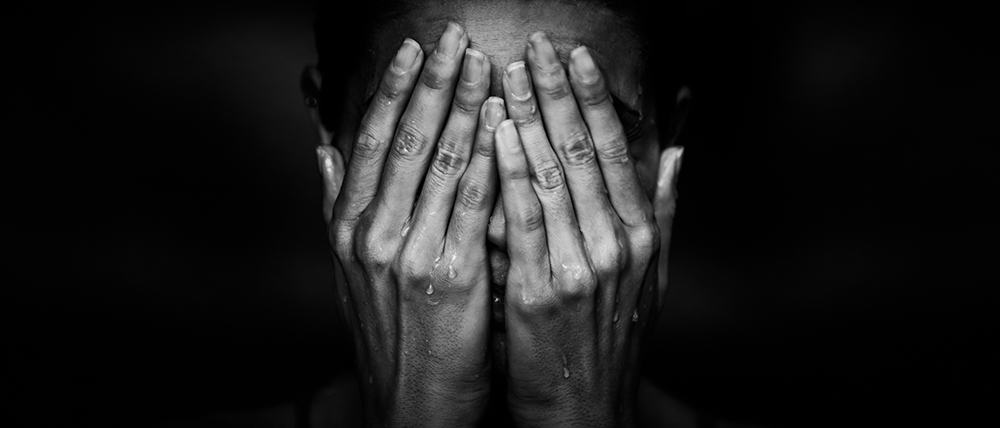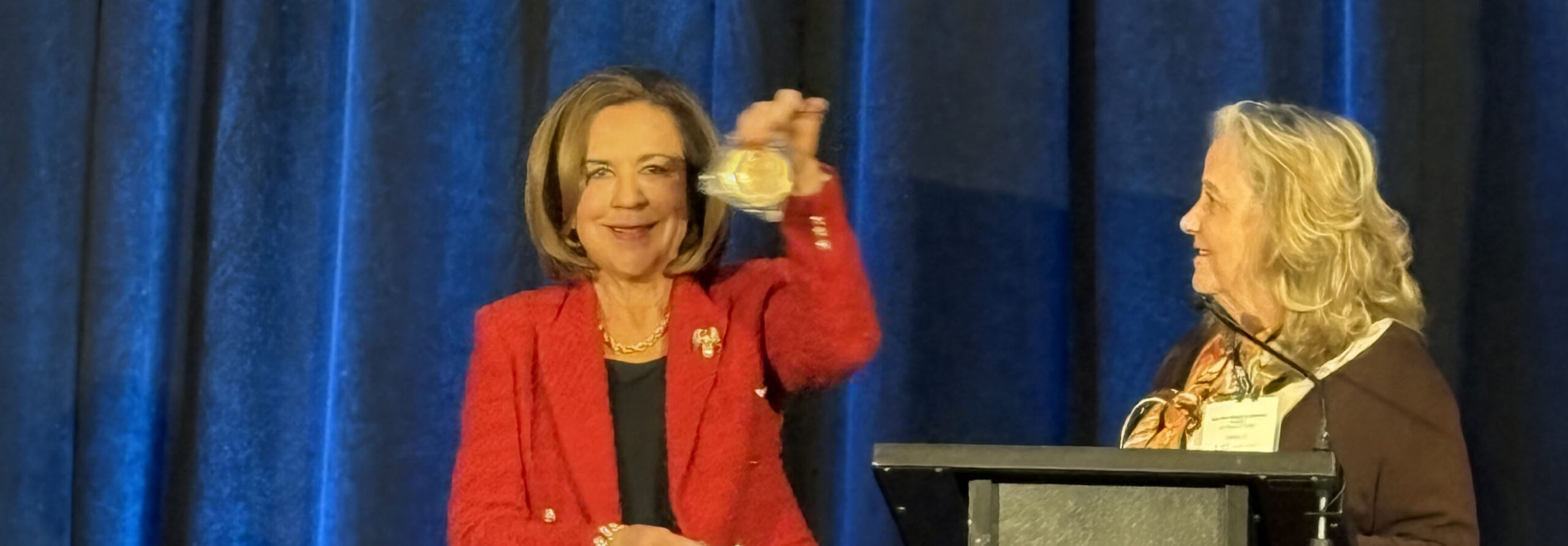
Nearly half of all judges who participated in our monthly survey of NJC alumni indicated they have suffered from secondary traumatic stress. And the actual percentage of judges who are traumatized could be even higher, according to one expert in the field.
Our Question of the Month for October asked, “Have you suffered secondary traumatic stress from being a judge?” Of nearly 800 respondents, 45 percent answered yes. More than 150 judges provided comments and many shared vivid descriptions of their symptoms.
“I will be out running, and suddenly I see the burned-off face of a 5-year-old child in my head, and it won’t go away,” wrote one judge anonymously, as was the case with almost all who commented.
In the survey, secondary traumatic stress (STS) was defined as the emotional duress when hearing about the firsthand trauma experience of another. The condition has also been called vicarious traumatization or compassion fatigue. Its effects have long been linked to professions that work with trauma victims, such as therapists or human services workers.
According to the National Child Traumatic Stress Network, symptoms of STS include: hopelessness; survival coping; anger and cynicism; sleeplessness or chronic exhaustion; physical ailments and illness; guilt; avoidance; and diminished self-care. A resource published by the National Center for State Courts said these symptoms affect not only a judges’ personal well-being but the decision-making process.
Monica Miller, a professor in the criminal justice and interdisciplinary social psychology doctoral program at the University of Nevada, Reno, who has published multiple papers on STS and judges, said it’s “completely natural” for a judge to experience STS. Trials often involve firsthand trauma victims, and judges must review that trauma at length – whether it be listening to detailed testimony or reviewing crime scene photos.
In fact, she said the percentage of judges affected by STS could be higher than the 45 percent found in the survey “because some judges may not be able to recognize when they have symptoms of secondary traumatic stress, and some don’t want to admit it.”
Many who left comments with the survey said they preside over child-abuse cases or cases involving violent crimes, such as murder or sexual assault.
“Unfortunately, we are not able to unhear or unsee the things we see and hear in the courtroom,” one judge commented. “There is no button to turn off the effects of this when you go to bed at night.”
Another said it’s “nearly impossible” to get autopsy photos of a small child out of their head. A third judge mentioned suffering STS following a case involving the murder of a small child; the child was drowned in order to collect life insurance proceeds.
One judge who oversaw criminal cases for nearly 30 years recalled being taken to the emergency room after court one day with blood pressure that was “astronomical.” The symptoms abated, the judge said, within six months of transferring from criminal to civil court.
Judges’ advice for avoiding secondhand trauma
Many judges suggested focusing on the facts and legal issues at hand instead of the gruesome details. Another recommended that when typing notes during testimony, focus on grammar and words, not the meaning and pain behind those words.
One judge said he or she avoids reading any deeper into petitions for protections from child abuse than is necessary for the allegations to meet the requirements for protection. Others mentioned coping mechanisms such as biking home from work, hiking, yoga, reading, and mindfulness.
However, some judges were dismissive of the malady. One said judges need to toughen up. Another said judges are in the wrong profession if they experience STS. Others said secondary traumatic stress is a product of society’s “victim mentality.”
The National Judicial College has awarded Missouri Supreme Court Judge Mary Russell with the Sandra Day O�... Emeritus Trustee Bill Neukom (left) with former Board of Trustee Chair Edward Blumberg (right) at the NJC 60...
The National Judicial College, the nation’s premier institution for judicial education, announced today t...
The National Judicial College (NJC) is mourning the loss of one of its most prestigious alumni, retired Uni...
As threats to judicial independence intensify across the country, the National Judicial College (NJC) today...




Download a PDF of our 2026 course list